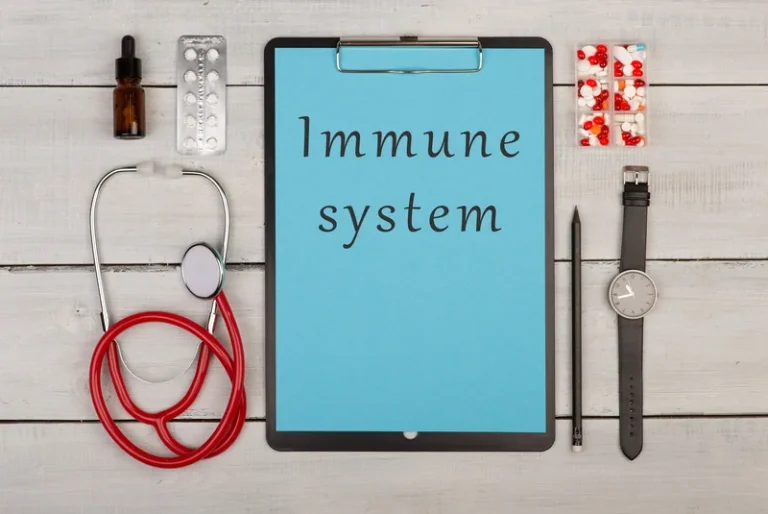
In conclusion, the insidious nature of covert narcissistic parental alienation can have devastating effects on both the targeted parent and the child involved. Their lack of empathy and emotional manipulation can have long-term negative effects on their child’s mental health and relationships. They may present themselves as victims, using emotional tactics to gain sympathy and support from their children. When dealing with covert narcissistic alienation, consulting a family law attorney who’s well-versed in parental alienation cases can provide valuable guidance on navigating custody issues and legal proceedings effectively. Understanding the risks of parental alienation and implementing strategies to counteract them is essential to protect the well-being of the child and mitigate the harm caused by the alienating parent. Research published in the Personality and Social Psychology Journal of Research highlights these distinctions, shedding light on the contrasting behaviors of covert and communal narcissists.

What Is an Example of a Covert Narcissist Parental Alienation?
Their lack of empathy for the mistreated parent and denial of responsibility contribute to the toxic dynamics within the family. Let’s explore how these covert tactics unfold and the strategies that can help mitigate the lasting effects on families entangled in this web of manipulation. Communal narcissists tend to prioritize self-promotion through perceived contributions to others, often seeking admiration and validation.
- A covert narcissist is a passive-aggressive with narcissism, these are narcissists.
- Seeking professional help for managing these tendencies is crucial for maintaining a healthy lifestyle.
- Individuals with narcissistic traits often display an exaggerated sense of self-importance, an obsession with their own achievements, and a tendency to exploit others for personal gain.
- However, peeling back the layers of this covert behavior reveals a compelling narrative that sheds light on the hidden struggles and destructive patterns that can unfold.
- If you or someone you know is struggling with an alcoholic narcissist, reach out to a professional, such as a therapist or counselor, who can guide you towards appropriate treatment options.
- The findings of this study have potential implications for future treatment and research.
Recognizing Signs and Seeking Help
- These approaches focus on self-care, boundary-setting, and building a strong support network.
- In covert narcissistic alienation, subtle manipulation tactics are employed to alienate the child from the targeted parent.
- For each regression model, gender, social desirability, and alcohol use (in the models where it wasn’t the outcome) were entered at Step 1.
- Covert narcissism is also known as vulnerable or closet narcissism.
- The covert narcissist has enormous self-loathing and self-patriot.
Overt narcissism is what we tend to think of as the standard textbook definition of NPD. An overt narcissist comes off as self-absorbed, vain and outwardly expressive about their self-importance but tends to feel insecure, less-than and inadequate on the inside. When it comes to alcohol addiction and narcissism, there are some uncanny similarities that can leave loved ones confused, frustrated, and emotionally drained. You might also consider seeing a therapist who can provide you with coping tools and a means to sort out your feelings.
Alcohol & Narcissistic Personality Disorder: Is There a Connection?

Their behaviors can be easily observed by others and tend to show up as “big” in a room. Overt narcissists demonstrate more extroverted behaviors in their interactions with others. covert narcissism and alcoholism Covert narcissists are only different from overt (more obvious) narcissists in that they tend to be more introverted. The overt narcissist is easily identified because they tend to be loud, arrogant, insensitive to the needs of others, and always thirsty for compliments. In truth, we all have various kinds of insecurities, but we don’t have to let those insecurities control the way we think about ourselves and the world around us. If you feel lost about who you are as a person and where you are in life right now, there’s a way to get back on the path toward feeling more like your true self.

High sensitivity to criticism

The drunk person, during an alcohol-induced state, is fully aware of what he’s doing, who he’s doing it https://ecosoberhouse.com/ with, whether what he’s doing is right or wrong. And if he’s hurting loved ones with his promiscuity, immoral or antisocial or even criminal acts. Having emerged from the black hole of a dysfunctional liaison, these broken, vulnerable people are transformed into the dark mirror images of their former selves.
- Many people have fallen victim to the manipulative behaviors of a covert narcissist without realizing what has happened until they are already in emotional pain.
- This includes gaslighting, manipulation, passive-aggressive behavior, and intimidation.
- For example, they might start a rumor or sabotage the person’s work.